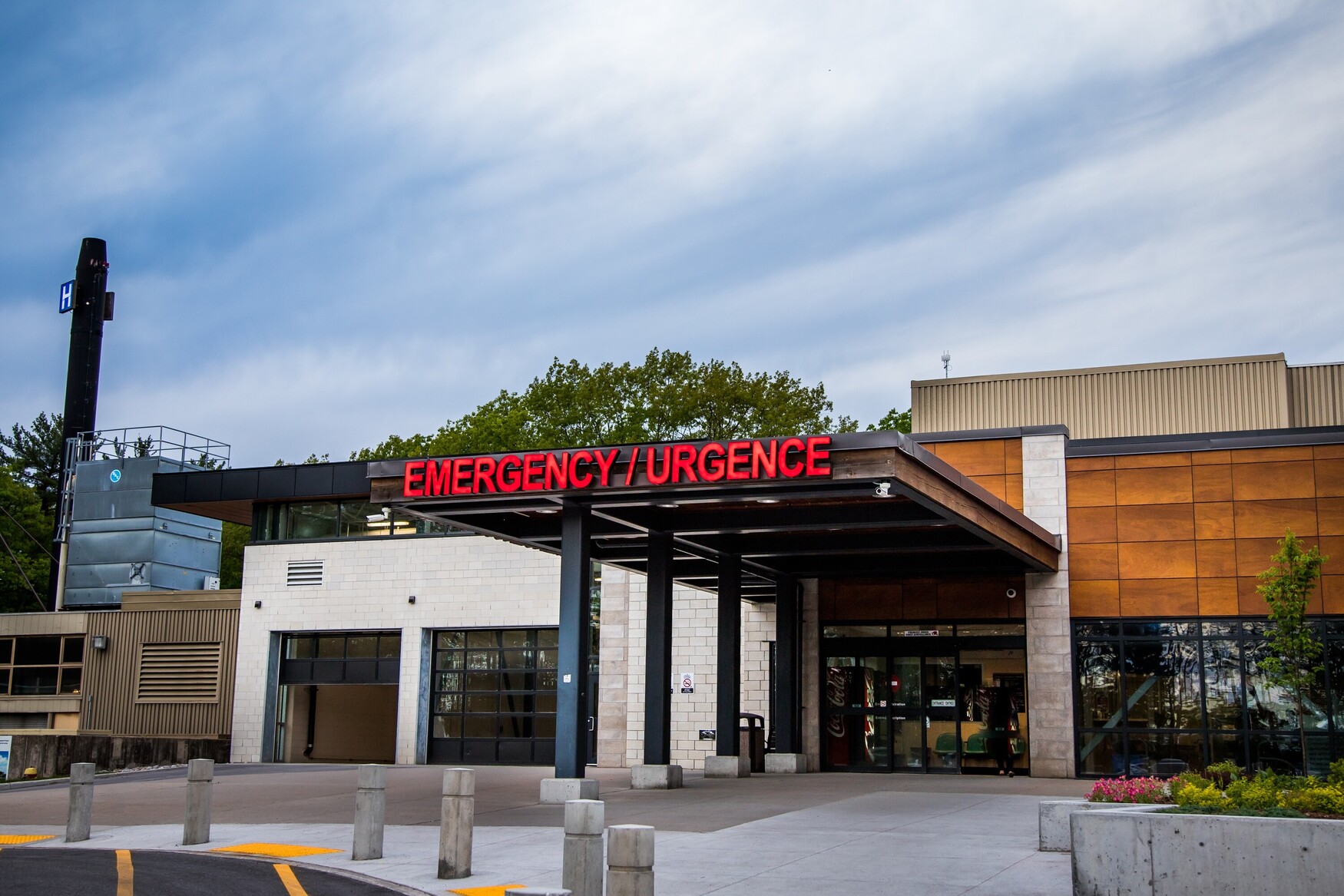Main Second Level Navigation
Jun 24, 2024
A new partnership between Georgian Bay General Hospital and the Temerty Faculty of Medicine
Education, Partnerships
Initiative’s benefits increase access to care for the GBGH community

Photo courtesy of Georgian Bay General Hospital
Georgian Bay General Hospital


